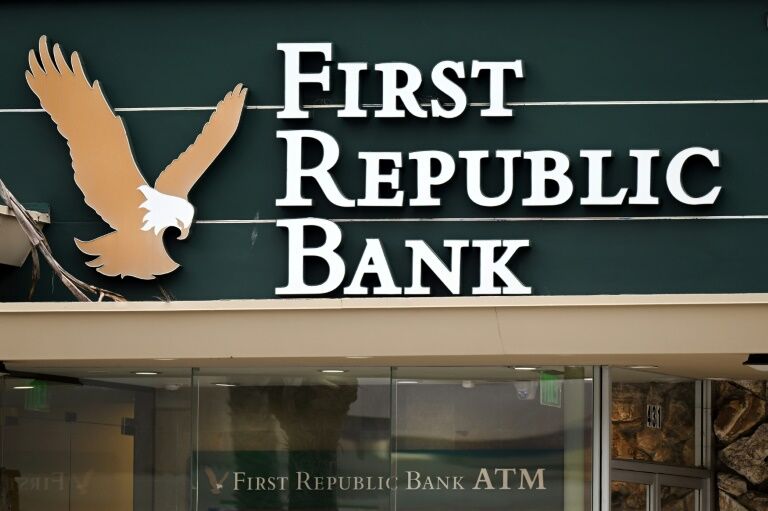JPMorgan Chase swoops in to buy US crisis bank First Republic

US financial authorities seized California’s struggling First Republic Bank on Monday and sold it to JPMorgan Chase, hoping to bring stability to a banking crisis that has rattled the financial system. First Republic, following the disclosure of a loss of over US$100 billion in deposits in the first quarter, became the second-largest bank by assets to collapse in US history.
With the bank’s inability to provide a satisfactory rescue plan and its stock continuing to plummet, authorities intervened by soliciting bids from prospective buyers before taking possession. Yesterday morning, California regulators appointed the Federal Deposit Insurance Corporation (FDIC) as the receiver of First Republic, immediately transferring it to JPMorgan Chase as part of a deal. The arrangement will enable the largest bank in the United States, JPMorgan, to recover all of First Republic’s deposits and nearly all of its assets, as stated by an FDIC announcement.
To cover First Republic’s losses, the federal agency anticipates paying approximately US$13 billion. The bank’s 84 branches, however, will continue to operate as usual. JPMorgan’s CEO, Jamie Dimon, acknowledged their involvement, stating that they had stepped up when the government called on them to do so. Consequently, the company’s fortunes improved slightly.
First Republic’s takeover and sale by the government occurred alongside recent banking sector disruptions, such as the liquidation of Silvergate Bank and the rapid downfall of Silicon Valley Bank. These collapses initiated a chain reaction as anxious investors scoured for signs of faltering banks in the US and Europe. Swiss banking heavyweight Credit Suisse was eventually pressured by regulators to merge with UBS, it’s rival.
March saw authorities agree with 11 major banks to extend US$30 billion in support to First Republic to avoid another collapse. Despite this effort, investor confidence remained low. After losing value due to skyrocketing interest rates, First Republic’s fixed-rate mortgage products unjustifiably reassured customers.
The wider consequences of First Republic’s collapse are now under scrutiny. With US$233 billion in assets at the end of March, it is the second-largest bank to fail in US history, excluding investment banks like Lehman Brothers. The largest bank to falter, Washington Mutual, also fell into the hands of JPMorgan during the 2008 financial crisis.
Economist Nicolas Veron at the Peterson Institute for International Economics highlighted First Republic’s riskiness as early as mid-March. According to Veron, another fragile bank would pose separate concerns. To address such fears, the US Treasury promptly released a statement emphasising the soundness and resilience of the banking system and assuring Americans of the safety of their deposits.
The turbulence in the banking sector follows the Federal Reserve’s aggressive action to combat inflation with substantial interest rate increases, substantially revaluing assets. This week, experts anticipate another rise in interest rates.
Latest Thailand News
Follow The Thaiger on Google News:


























